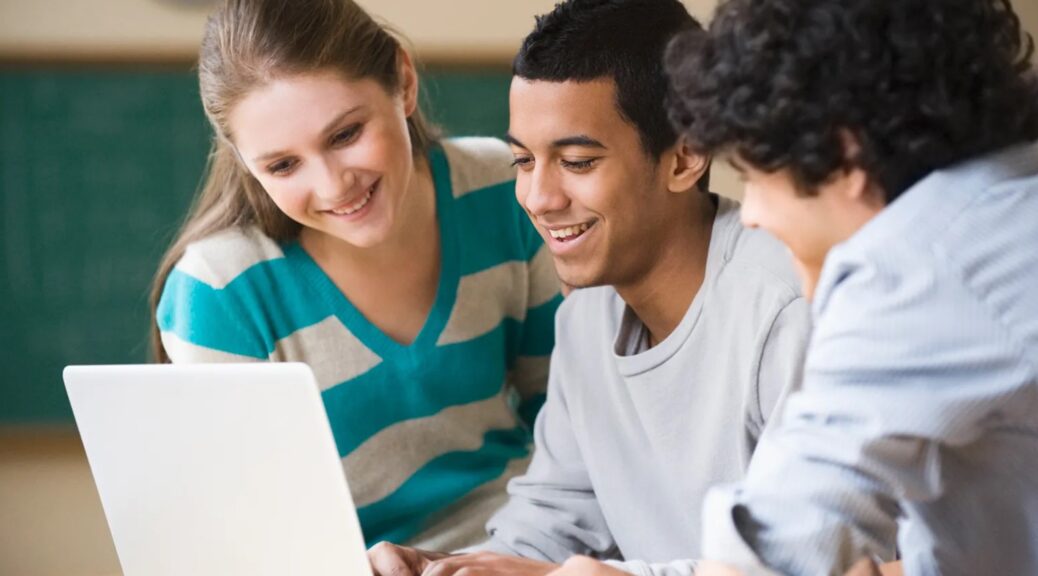In today’s digital age, social media plays a pivotal role in shaping opinions, spreading information, and connecting individuals worldwide. As a result, it is crucial for students to develop the skills necessary to navigate this digital landscape responsibly and critically. Integrating social media literacy into school curricula is a forward-thinking approach that equips students with the tools they need to evaluate content, understand the implications of their online actions, and use social media platforms wisely.
Understanding Social Media Literacy
Social media literacy involves the ability to critically analyze the content found on various platforms, discern credible sources from misinformation, and comprehend the societal impact of social media. It also includes understanding privacy settings, the ethical use of social media, and the ability to engage in respectful online communication. Teaching these skills prepares students to become informed digital citizens capable of making responsible choices in their online interactions.
Benefits of Social Media Literacy Education
- Enhanced Critical Thinking Skills: By learning how to evaluate the credibility of online content, students develop critical thinking skills that can be applied across various subjects. They learn to question sources, identify biases, and understand the difference between fact and opinion.
- Improved Digital Citizenship: Social media literacy education fosters responsible online behavior. Students learn about the consequences of sharing inappropriate content, the importance of respecting others’ privacy, and how to engage in constructive dialogue online.
- Increased Awareness of Digital Footprint: Educating students about their digital footprint helps them understand that their online actions can have lasting effects. They become more mindful of the information they share and the potential impact it can have on their future opportunities.
- Empowerment to Combat Misinformation: With the prevalence of fake news and misinformation, social media literacy empowers students to identify false information and become advocates for truth. They gain the confidence to challenge misleading narratives and contribute positively to the digital community.
- Encouragement of Positive Social Interactions: Students learn how to use social media as a tool for positive interactions, including collaborating on projects, engaging in social causes, and participating in global conversations that promote understanding and empathy.
Methods for Integrating Social Media Literacy into School Curricula
- Incorporate into Existing Subjects: Social media literacy can be integrated into existing subjects such as English, History, and Science. For example, students can analyze social media campaigns in English class or discuss the role of social media in historical events.
- Dedicated Social Media Literacy Classes: Schools can offer specialized classes focused on social media literacy. These classes can cover topics such as digital ethics, online safety, and the analysis of media content.
- Project-Based Learning: Encourage students to engage in projects that require them to research and present on social media-related topics. This hands-on approach allows students to apply their skills in real-world scenarios.
- Collaboration with Parents and Community: Involve parents and community members in social media literacy education. Workshops and seminars can provide valuable insights and foster a supportive environment for students to practice responsible social media use.
- Utilize Digital Tools and Resources: Leverage digital tools and resources to create interactive and engaging lessons. Online platforms, videos, and simulations can enhance students’ understanding of social media dynamics.
Conclusion
Integrating social media literacy into school curricula is a vital step toward preparing students for the digital age. By equipping them with the skills to critically evaluate and responsibly use social media, educators empower students to navigate the digital world with confidence and integrity. As students become more adept at discerning information and engaging positively online, they contribute to a more informed and connected society. This education is not only essential for their personal development but also for fostering a healthier, more responsible digital community.
